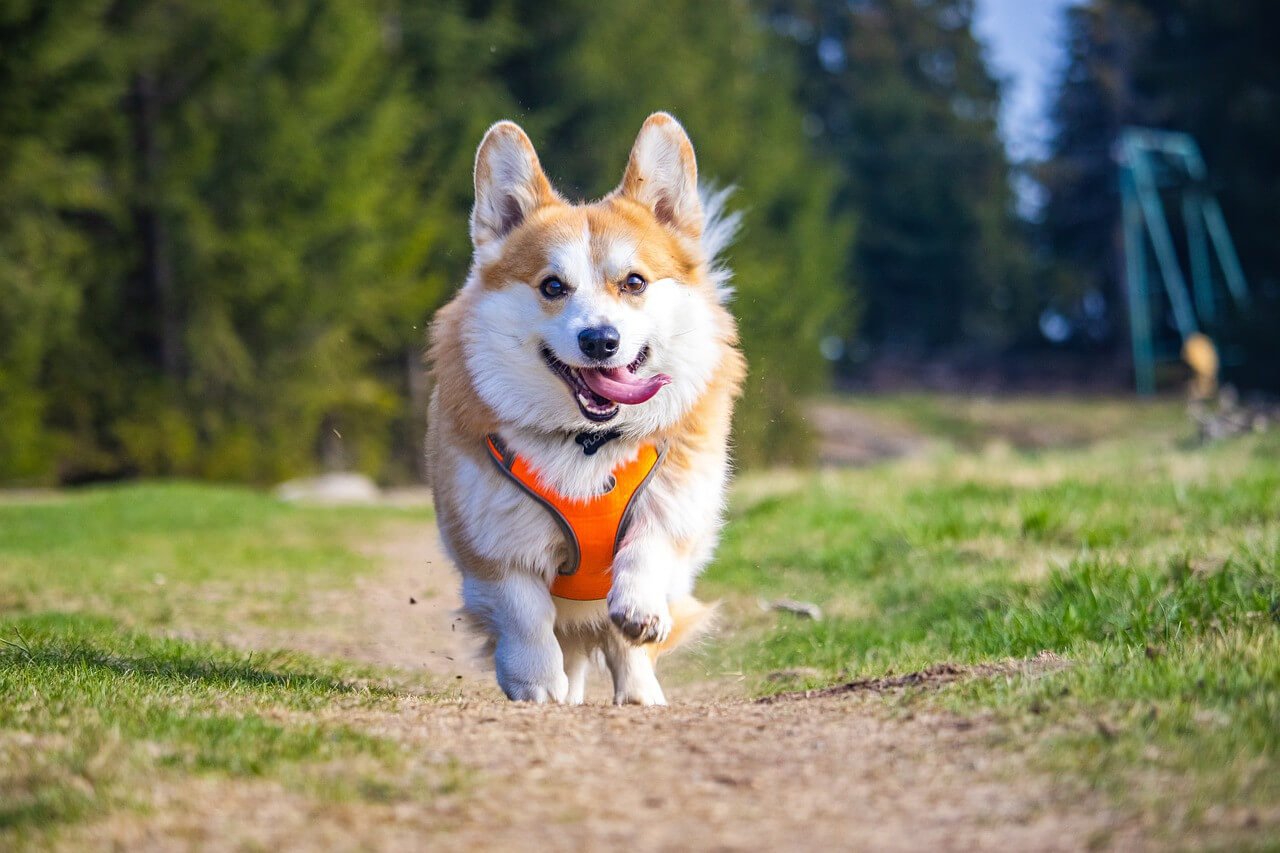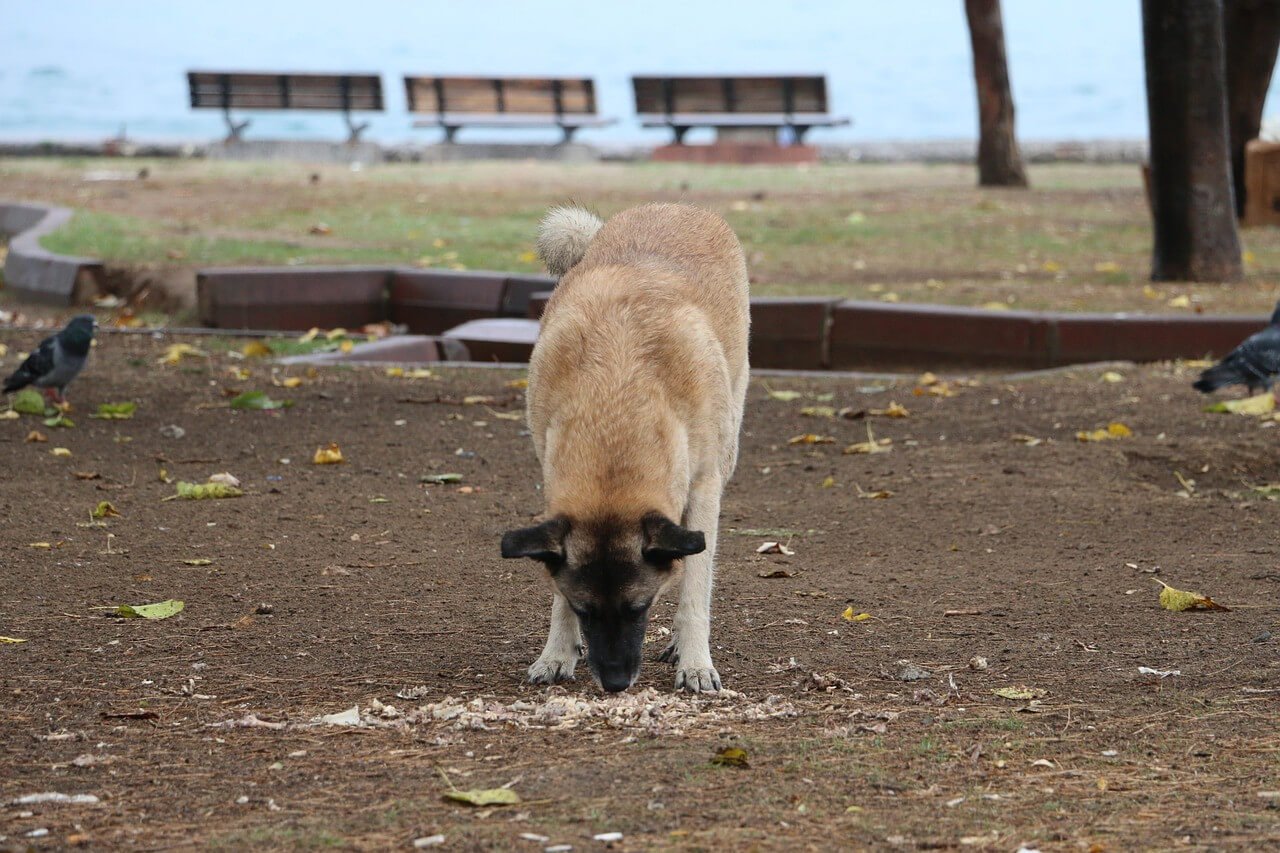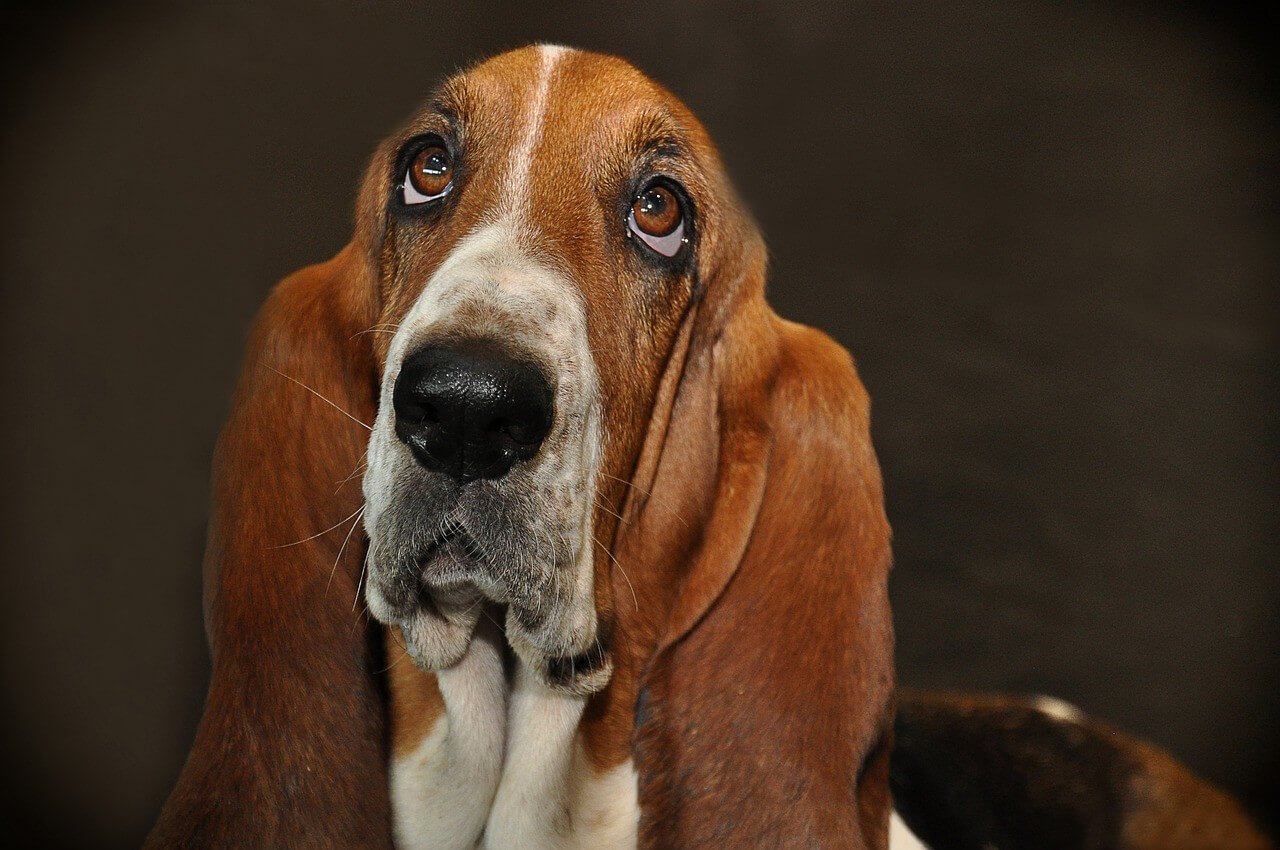If you've found your way to this post, you've witnessed your pet perform the odd, occasionally humorous behavior of scooting its rear over your wonderful carpeting. Even while this little example of canine behavior can be intriguing, it's important to understand that scooting is typically more than simply a dog's attempt to amuse you. So let's look a little further before you grab your phone to snap this Instagrammable moment. Your dog may be attempting to communicate with you in an important way.
This essay seeks to clarify why dogs scoot and what you can do about it, whether you own a Siberian Husky, a Golden Retriever, or a mixed breed. We assure you that it is not merely a dog's peculiar method of executing the "worm."
The Scoot: The Inside Story
Set the stage first. Your dog starts dragging its bottom around the floor as you sit on the couch, perhaps scanning through interactive toys to occupy your pet. This activity, known as "scooting," might be perplexing. And while it could appear that your dog is pulling a comedy act, the real causes are frequently based on pain or even anguish. Observing your dog's body language can provide more hints as to why this peculiar behavior is taking place.
Therefore, you're at the right place if you've seen your dog scooting away from playtime with their favorite chew toys and you're confused about what's happening. We'll examine the "behind-the-scenes" (pun intended!) of your dog's scooting behavior in this in-depth guide.
Common Reasons
Okay, so we've established that scooting is more than just your pup's attempt at a comedy skit. Now let's unpack some of the most common culprits behind this behavior.
Anal Gland Issues
Dogs have two small scent glands located near their anus, used primarily for marking territory. Sometimes, these glands can become blocked or infected, causing discomfort and the irresistible urge to scoot. If you notice your dog scooting frequently, it's worth taking a pause from browsing interactive toys to consider a vet visit for possible anal gland expression.
Pesky Parasites
Just the thought of parasites can make any dog owner shudder. Whether it's fleas, ticks, or intestinal worms, these nuisances can cause itching and irritation in your dog's rear end, making them resort to scooting. Regular deworming and flea treatments can often solve this problem.
Allergies
Is your dog constantly itching or scratching, even after playtime with their favorite chew toys? Food or environmental allergies could be to blame. These allergies can lead to skin irritations around the anus, compelling your dog to scoot. Switching to an allergen-free diet may provide relief.
Foreign Objects or Fecal Matter
Sometimes the reason for scooting is as simple as a small piece of poop or a foreign object getting stuck near their tail. Regular grooming and a keen eye can often solve this issue before it becomes a scooting saga.
Behavioral Reasons
Occasionally, your dog might scoot to get your attention or because they've seen other dogs doing it. While it's less common, understanding dog behavior and body language can provide some insights into whether your pup is simply mimicking other dogs or genuinely uncomfortable.
How to Address the Issue
Now that you understand what might be causing your dog to take these seated strolls around the floor, let's move on. But information alone can not solve the problem; we must also take action!
Veterinary Examination
Visit the veterinarian as soon as the scooting becomes persistent. After all, your Chihuahua or Siberian Husky deserves the utmost treatment. An expert can conduct a comprehensive examination and may suggest therapies like anal gland expression or anti-parasite drugs.
Dietary Changes
Sometimes the answer is as easy as giving your dog additional fiber in their diet. This can significantly alter the situation, especially when dealing with problems involving the anal glands or feces. Ask your veterinarian what nutritional changes should be made that may be effective.
Distraction Tactics
Distractions can assist in stopping your dog from scooting while you're addressing underlying problems. Think about occupying your dog with interactive toys or teaching them new abilities like swimming. A dog that is active is less prone to exhibit negative behaviors.
Regular Grooming and Hygiene
Sometimes a good old-fashioned clean-up can stop scooting. Regular grooming may avoid problems like matted fur around the tail, which can cause discomfort and scooting in addition to keeping your dog looking gorgeous.
Parasite Prevention
Always take precautions to prevent parasites on a regular basis. This entails being informed about your dog's flea and worm treatments, which you can quickly uncover by reading articles on dog behavior and health.
Conclusion
Well, there you have it, folks—a comprehensive dive into the sometimes perplexing, always intriguing world of canine scooting. Whether you've got a Siberian Husky or a Toy Poodle, understanding the ins and outs of dog behavior and body language can make you a more informed, and therefore more effective, dog parent.
Reference: https://www.akc.org/expert-advice/health/why-is-my-dog-scooting/







